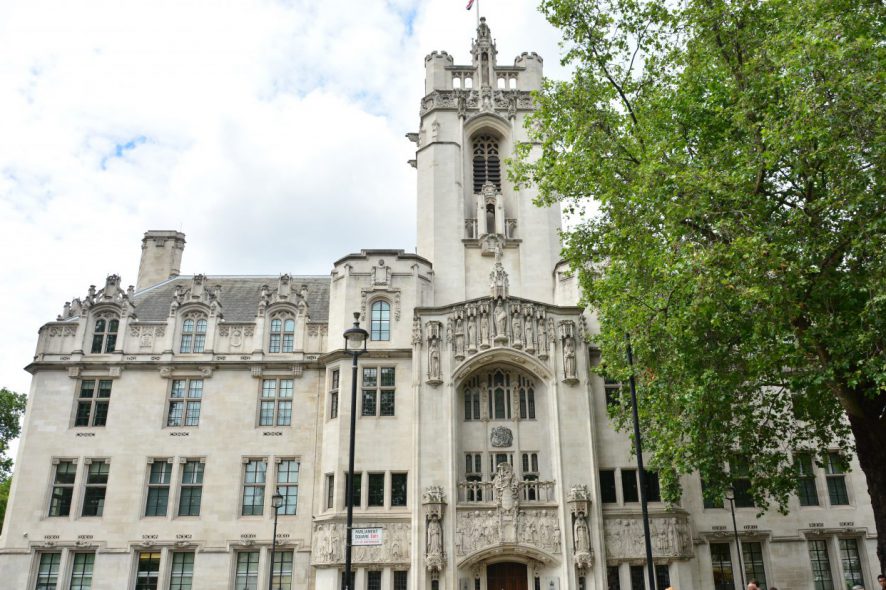Supreme Court of United Kingdom: While answering the question as to how the jury should treat the bad character evidence showing propensity, the 5-judge bench refused to agree with the Court of Appeal’s view that that each incident claimed by the prosecution to show a propensity on the part of the defendant is required to be proved beyond reasonable doubt, and held that the assessment depends on an overall consideration of the evidence available, not upon a segregated examination of each instance of evidence.
In the instant case, Angeline Mitchell was convicted of the murder of her former partner, Anthony Robin. On 10 May 2009, Ms Mitchell had a heated conversation with Mr Robin at his flat. Later, Ms Mitchell obtained a knife and stabbed Mr Robin, who sustained five knife wounds, one of which caused his death. The prosecution, during trial, lead evidence of Ms Mitchell’s previous bad character showing that she had a propensity to use knives in order to attack others. None of the episodes to which the proposed evidence related had resulted in a conviction. Three years thereafter, Ms Mitchell applied for leave to appeal against her conviction on the ground that the trial judge had failed to direct the jury properly on “the purpose of the bad character evidence or the standard of proof to which the jury had to be satisfied before any member of the jury could take the bad character evidence into account in any way”. The Court of Appeal allowed Ms Mitchell’s appeal, quashed her conviction and directed that each incident claimed by the prosecution is required to be proved to the criminal standard. Subsequently they ordered that she should face a retrial. After the retrial, Ms Mitchell was acquitted of murder and was sentenced to ten years’ imprisonment for the manslaughter of Mr Robin.
Lord Kerr, JSC (with whom Lord Clarke, Lord Hughes, Lord Toulson and Lord Hodge, JJSC agreed) observed that in cases where there are several instances of misconduct the jury need not to be convinced of the truth and accuracy of all aspects of each of those. The jury should have an overall consideration of the evidences since similarities in various incidents may constitute mutual corroboration of those incidents. However, the Court agreed that the existence of a propensity must be proved to the conventional criminal standard and, therefore, the jury should be directed that before they take this into account bad character evidence they must be convinced that propensity has been proved. Since the trial judge had failed to give adequate directions as to how the question of propensity should be approached by the jury, the Court held that the conviction had been rightly quashed. [R v. Mitchell, [2016] 3 WLR 1405 : [2016] UKSC 55, decided on October 19, 2016]






